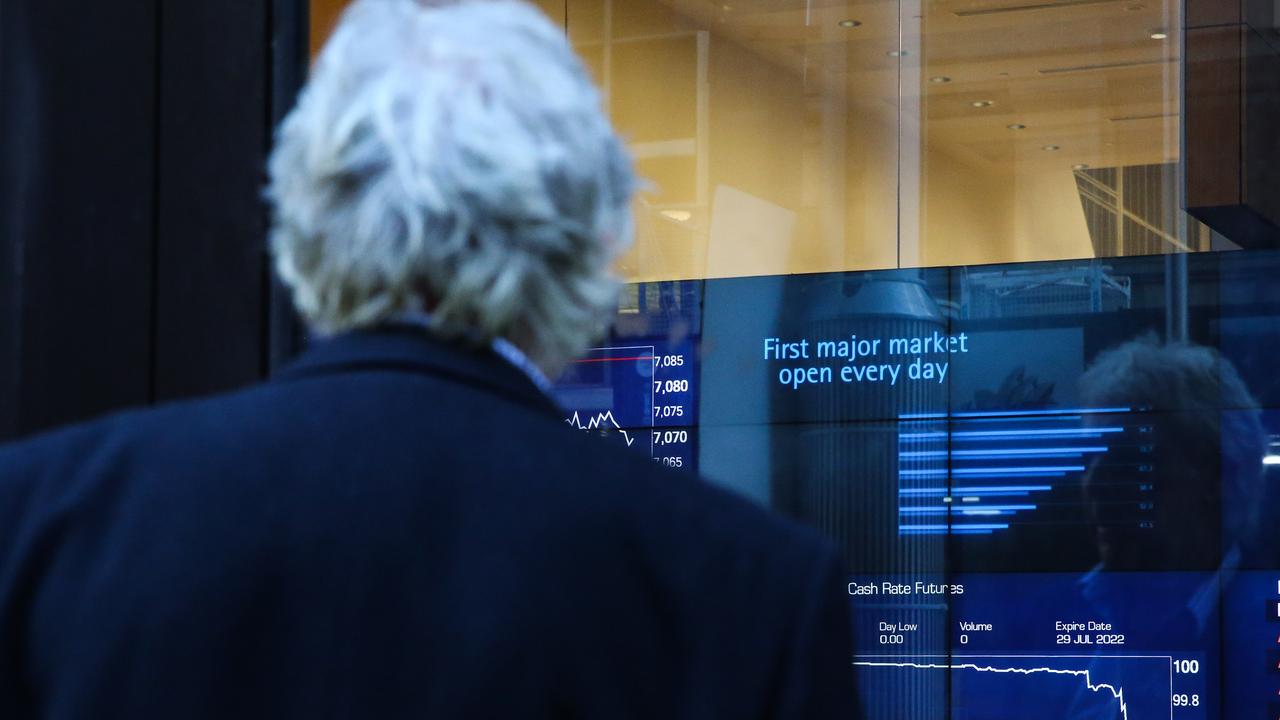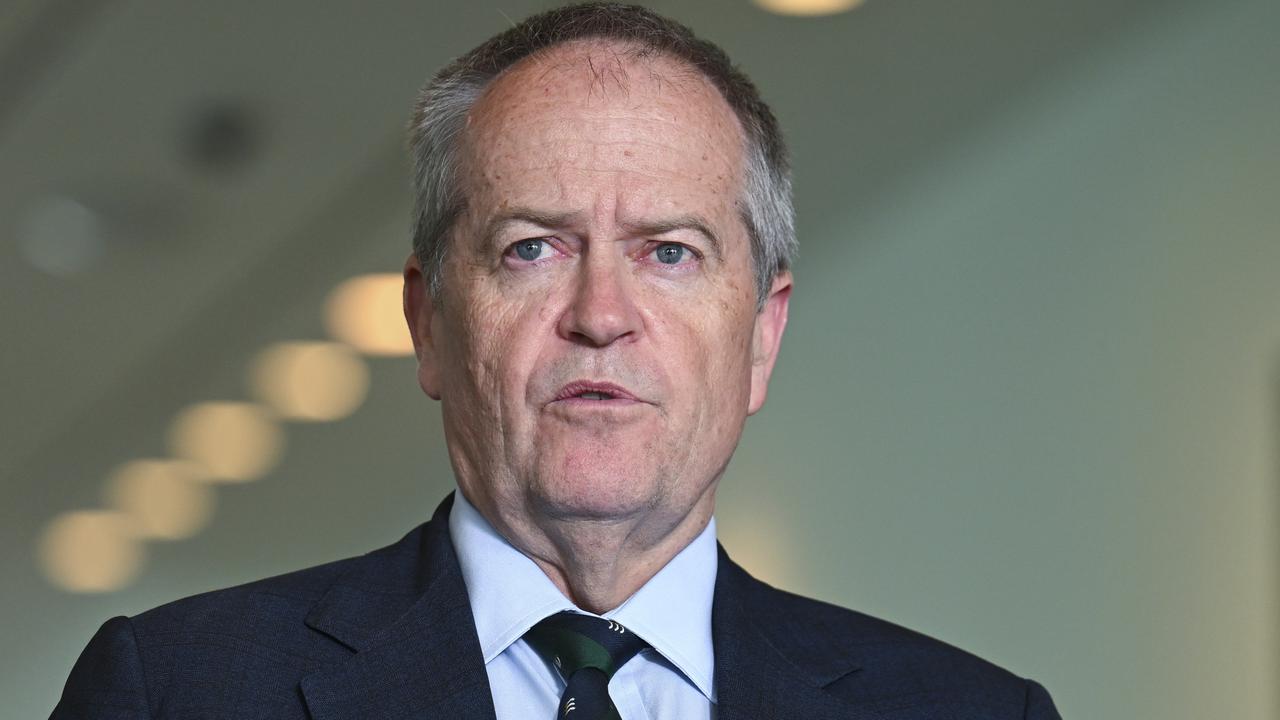Greece’s new austerity measures mean skilled workers will leave
THEY are going hungry and one former government minister predicts they’ll soon come to Down Under, which could be terrible for Greece.
GREEK residents are going hungry. They’re going without medicine, and basic supplies like fuel. And it’s only going to get worse.
That’s the assessment by prominent Greek-Australian Kon Vatskalis, a long-term Northern Territory minister, who says his elderly father “wouldn’t survive” without his financial support.
“My dad was a builder, he worked for 40 years. He retired at 60 on a pension of €900 a month.
“After the first austerity measures his pension was cut to €640 a month. The new measures mean they have to cut his pension even further. He needs the money we send from Australia to survive. Not everyone has that.”
Mr Vatskalis doesn’t think people will be able to live on much less.
“You can drive austerity to a certain point — after that there’s not much you can do. A lot of people are going hungry, they are going without heating, and they are going without medicine. A lot of people.”

He says while many Greeks will be “rioting in the street” in coming days, others will be thinking about their personal future, and might consider migrating to Australia.
In the post-war years many thousands of Greeks moved to Australia. While they were usually unskilled workers, and often illiterate, they contributed enormously to building the country.
Migration peaked in the early 1970s, with hundreds of thousands of Greek people now living here, but since the Greek economic crisis, a new wave of people have started arriving.
MORE: Greece’s scary 24-hour to-do list
MORE: Greek’s ‘humiliated’ by tough new bailout deal
Mr Vatskalis said that unlike previous migrants, many people now leaving Greece are now highly skilled.
“We’ve already seen a wave of Greeks migrating here, but those people were mainly from the villages, they were unskilled people.
“This time we could see professional people: Doctors, lawyers, bankers. They will come here if they can. That will be a blessing for Australia, but it’s terrible for Greece. It will take them years to recover.”
While his new home of Australia might benefit from skilled migration, Mr Vatskalis is angry about the way the Greek debt crisis has been handled, leaving the country in ruins.
He believes that earlier bailouts benefited countries like Germany, who were taking Greek imports.
“They shouldn’t have kept lending so much money. Europe should have said a long time ago they were living beyond their means. Germany was benefiting by Greek exports and they wanted to keep that going.”
He argues that there should have been tighter controls on previous bailouts, because the money wasn’t used wisely.
“A lot of the (previous) bail out money was wasted by spending on election promises that never should have been made, that Greece could never afford.”

But even though a lot of the trouble Greece is now in can be blamed on leadership over the past decade, Mr Vatskalis says the overnight agreement with the EU should never have happened, and the country has been “sold out” by an “inexperienced Prime Minister”.
“The first mistake (Prime Minister Alexis Tsipras and his Syriza government) made was they neglected an agreement that was much better than what was agreed to overnight.
“The second was telling the people they could influence Europe by the referendum. He (Prime Minister Tsipras) knew he didn’t have a strong position, but told Greek people that by voting no that they could influence Europe. That was never going to happen. He was caught out because he was inexperienced — that caught up with him.
“The other thing the Greek government did was they wasted a lot of time thinking they could dictate terms of a bailout to Europe, when Europe held all the power.”
Mr Vatskalis expects the bailout package agreed to overnight will have difficulty passing through parliament. Prime Minister Tsipras leads the Syriza government — a left wing coalition made up of a “mishmash” of people with very diverse backgrounds.
“It’s not a party. The members of Syriza are going to vote no to the deal and resign. Lots of people are going to walk from the party.”
He said the cost for Greeks was too great, with €50 billion worth of assets such as railways, banks and utilities for sale to be put in a trust fund.
Mr Vatskalis believes Greece would have been better off saying “we will not repay your debt, and default. They could have left the euro currency, while remaining in the European Union.
“The problem with the euro is you are stuck with an expensive currency, so it is not very flexible. It’s difficult to rebuild from here.”
While Mr Vatskalis expects “turmoil in the streets”, with demonstrations to start soon, he admits there is no easy answer.
One thing is for certain, he says. “I don’t think this government will survive.”
Twitter: @KateCalacouras




